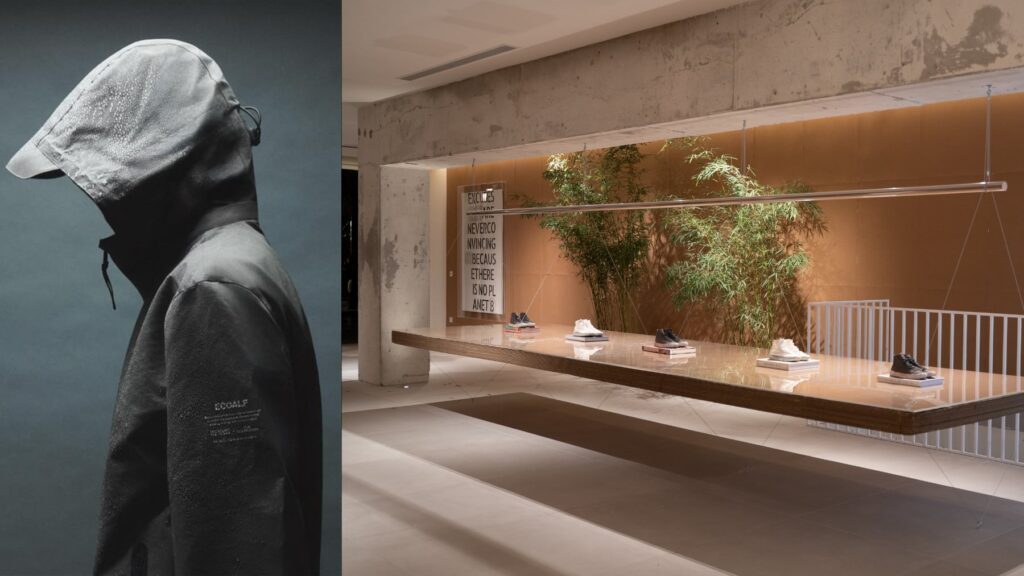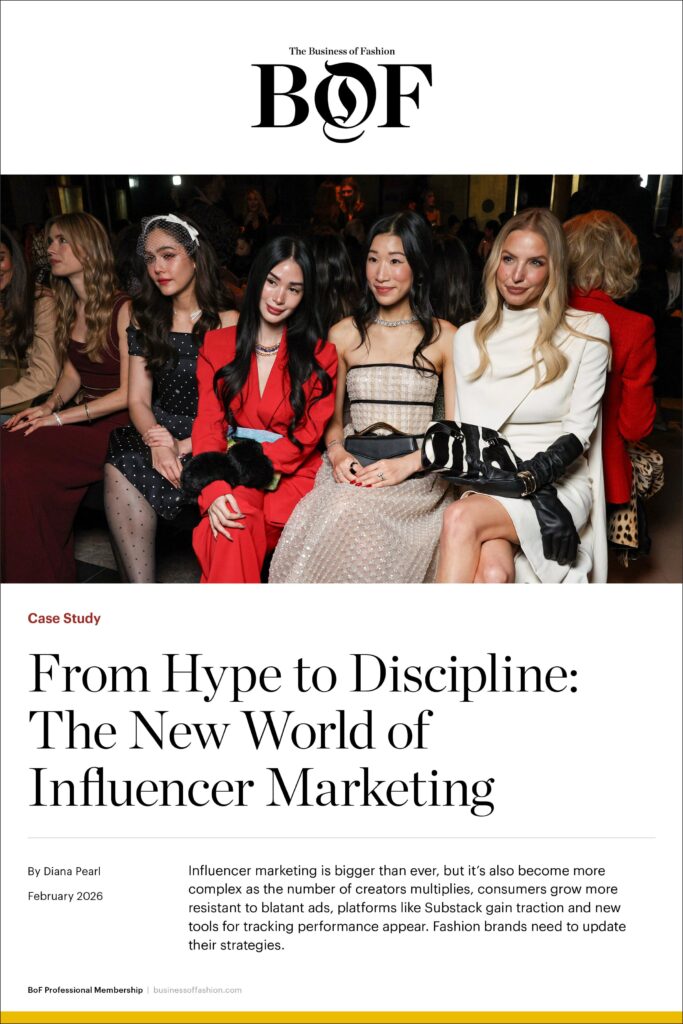The Interview: Arianna Ajtar on 10 years of Mars The Label
As TheIndustry.fashion continues its exploration of Manchester-based fashion brands, Mars The Label stands out as both a product of the city and a reflection of how far its independent fashion scene has come. In recent months, we’ve spoken to founders behind Manchester labels who offer a different perspective on what it means to build a fashion business outside London. Mars The Label, which is celebrating its 10th anniversary, adds another layer to that story. Founded in 2016, the brand has evolved from a small, founder-led operation into a label with an increasingly international customer base, a deeply engaged community and a growing presence beyond digital. At its core, however, remains the same mission: designing clothes that make women feel confident, considered and seen. In this interview, Mars The Label’s founder, Arianna Ajtar (pictured), reflects on the early days of launching the label, the influence of Manchester’s creative culture and the realities of scaling an independent fashion business. Can you tell us about your unique background and what motivated you to launch your label in 2016? I was born and raised in Bolton, Manchester. I actually wanted to be an actress when I was younger. I went to theatre school and was studying at university when I started to notice a huge gap in the market for clothing brands that truly understood a woman’s body. Acting was always such a passion project of mine, but I couldn’t miss what was staring at me in the face. I felt at that time, I would purchase clothes but I just didn’t feel good in them. This inspired me to start designing the looks that I couldn’t find, that truly contoured you and made you feel confident and from there, Mars The Label was born. Manchester has a strong, independent fashion identity. How has the city’s creative community shaped your approach to design and business? There’s a deep creative passion in Manchester that I believe derives from northern grit. Mancunians are grafters through and through. We have a sense of community that isn’t found everywhere across the country. There is so much inspiration to be found across the city, whether that be fashion and non fashion related. I think so many successful businesses are born in Manchester because of this infectious spirit. We all want each other to win because we know how hard it is to put yourself out there and take a risk. I’m so proud to be part of it. Do you feel independents and designers outside London are finally getting the recognition they deserve? Absolutely, but still not enough. I think there was this consensus that London was everything for fashion without acknowledgement of the true impact of Northern creatives and talents. But over the years, this generalisation has slowly fizzled out. We’re ones to watch for sure. How would you describe your brand’s aesthetic to someone discovering it for the first time? Mars The Label is for the everyday ‘It’ girl who wants to feel their best with little effort. We combine the elements of the everyday with forward trends that celebrate the female body. Think minimalist with maximalist impact. We also offer seasonal prints that push our consumers beyond the neutral and seasonal colour palettes, allowing them to play with their style. Is the UK still your biggest market? It is, however, the percentage difference between the UK and US is closing in more and more every month. I’m so excited to see what’s next for us. What role does community play in the way you build and grow the label? I have always, and will always, attribute Mars The Label’s growth and success to our community of ‘Mars Girls’. I know that over the years, there has been a growing trend for brands to be ‘community driven’ but since Mars was born, I have sustained a close relationship with the girls who invest their hard-earned money and time in us. We listen to their feedback, whether it is around colourways, lengths or the fit of pieces. This relationship has allowed me to design more intricately and pushed the team to consistently think of new ideas that our community would love. I am truly so grateful for anyone who chooses Mars. Bumping into customers wearing the brand will never not be a pinch-me moment. When was the moment you thought ‘ah we’ve made it’? For me, it will always be our very first Miami Swim Week. I always used to dream of seeing Mars there one day. Having my team fly out and watch so many successful models who have inspired me over the years, walk in Mars, is a moment I’ll never forget. Being a founder isn’t easy. What has been the biggest challenge you’ve faced since launching? The biggest challenge I have faced is keeping up with demand. When I started Mars, I was designing in my dad’s garage, and now we are a globally known brand with a small to medium-sized team. I am so grateful that our vision, mission and designs have resonated with and are wanted by so many women across the globe and we want everyone to get the pieces on their wishlist; but earlier on in the company, it would be harder to know when we would launch an item and end up with a restock sign up amount 40 times the amount we ordered. We addressed this head-on in Feb 2025 with an internal re-strategy that prioritised accommodating demand while still keeping our pieces somewhat limited for an ‘it-girl’ exclusive. Mars The Label previously worked with third-party retailers such as Flannels. Why is your current focus on DTC and are you looking to expand with any other retail partnerships? In May 2025, we went into our first DTC with Flannels and since then we have launched more looks and Flannels-exclusive products. This has been such an insightful experience as we have gained learnings into consumer wants and needs, and we will take these learnings into our future increased retail presence.
The Interview: Arianna Ajtar on 10 years of Mars The Label Read More »







